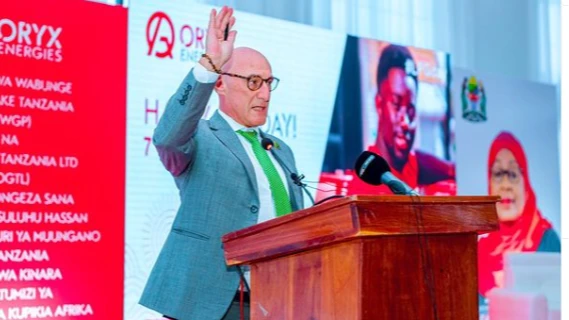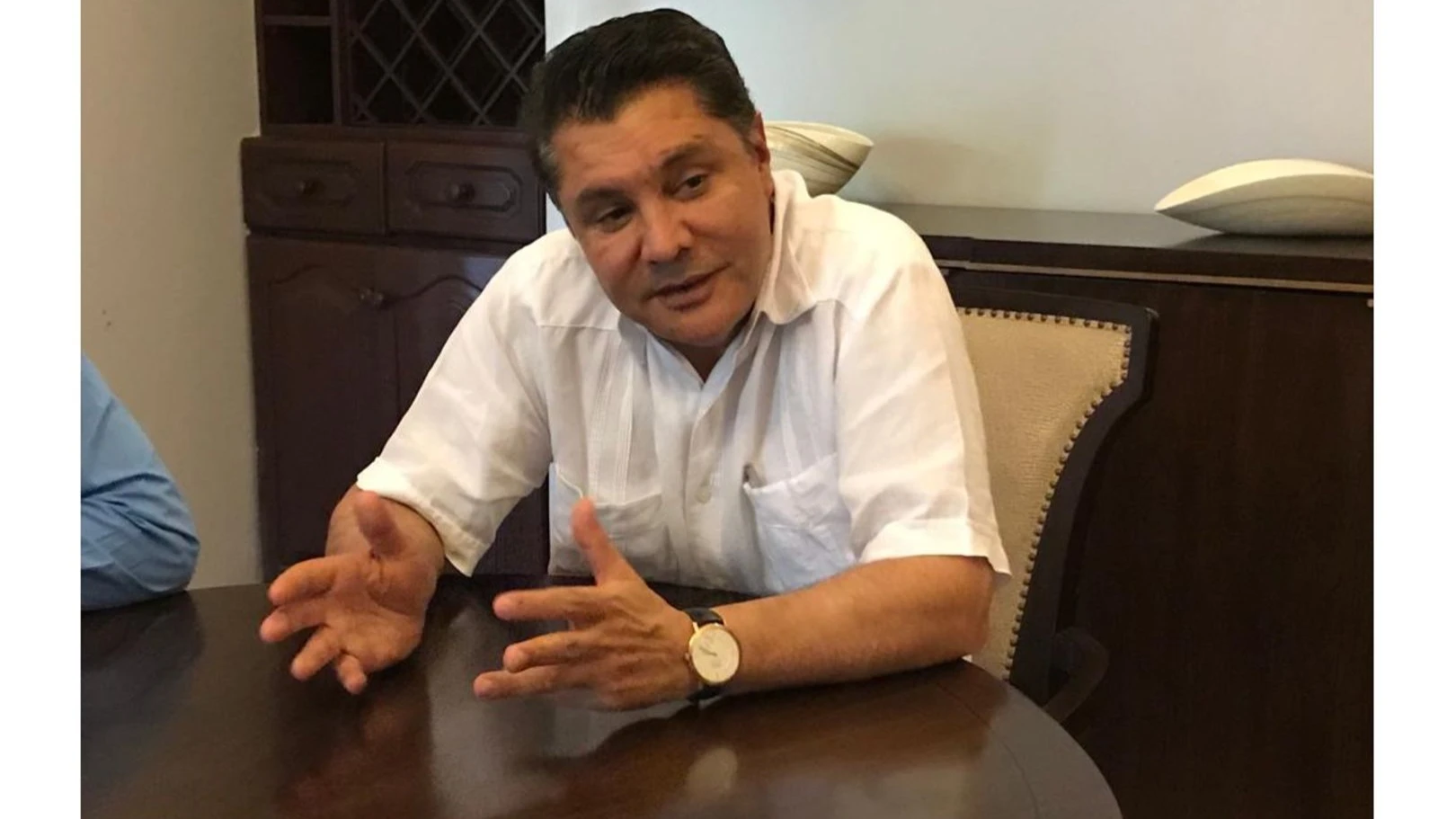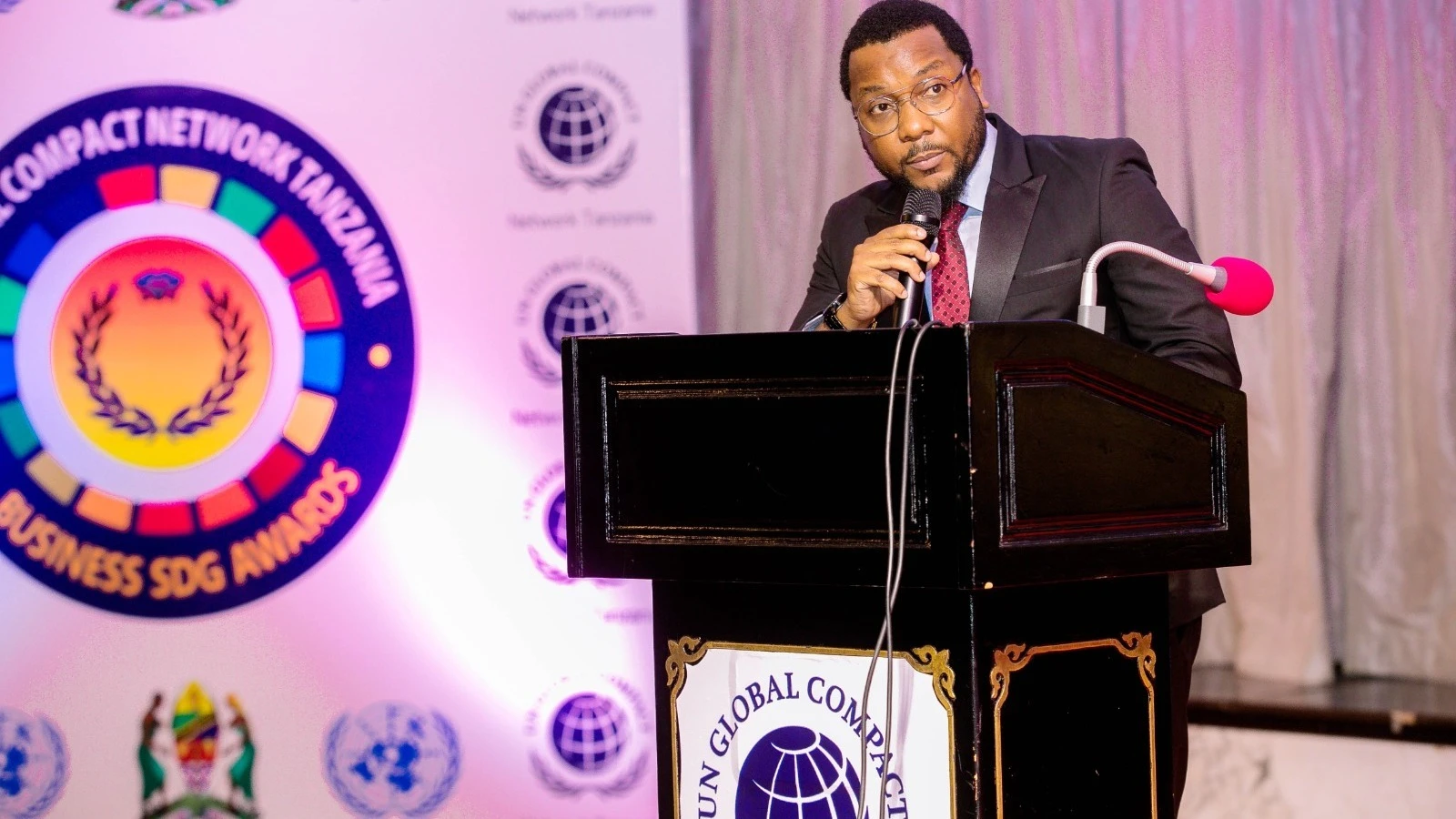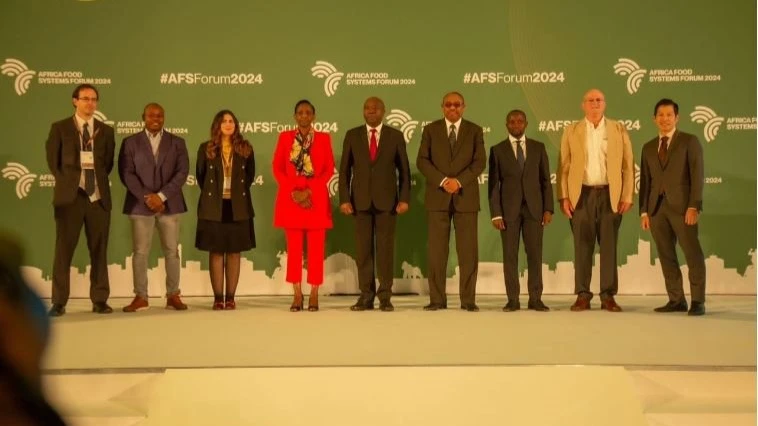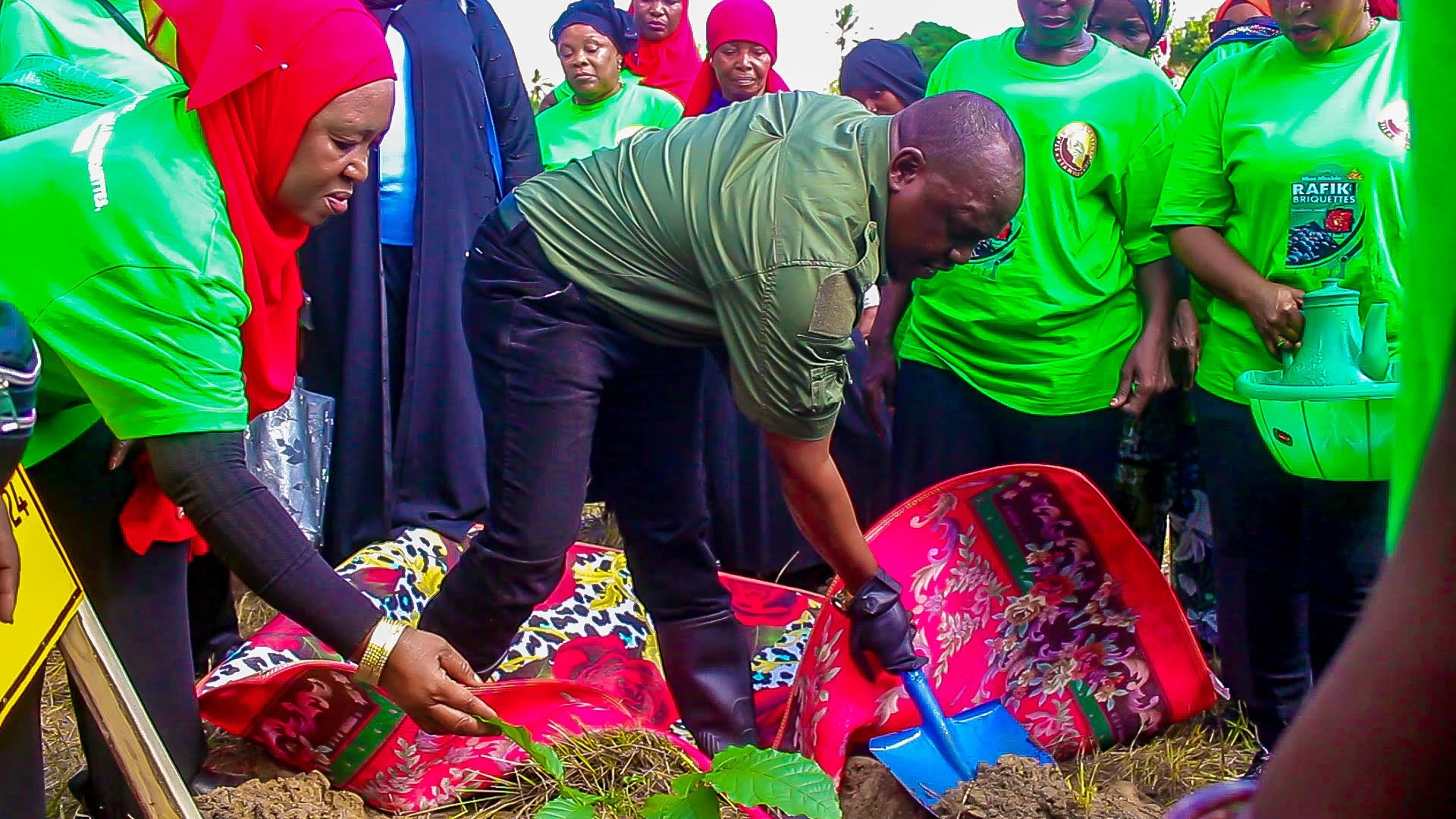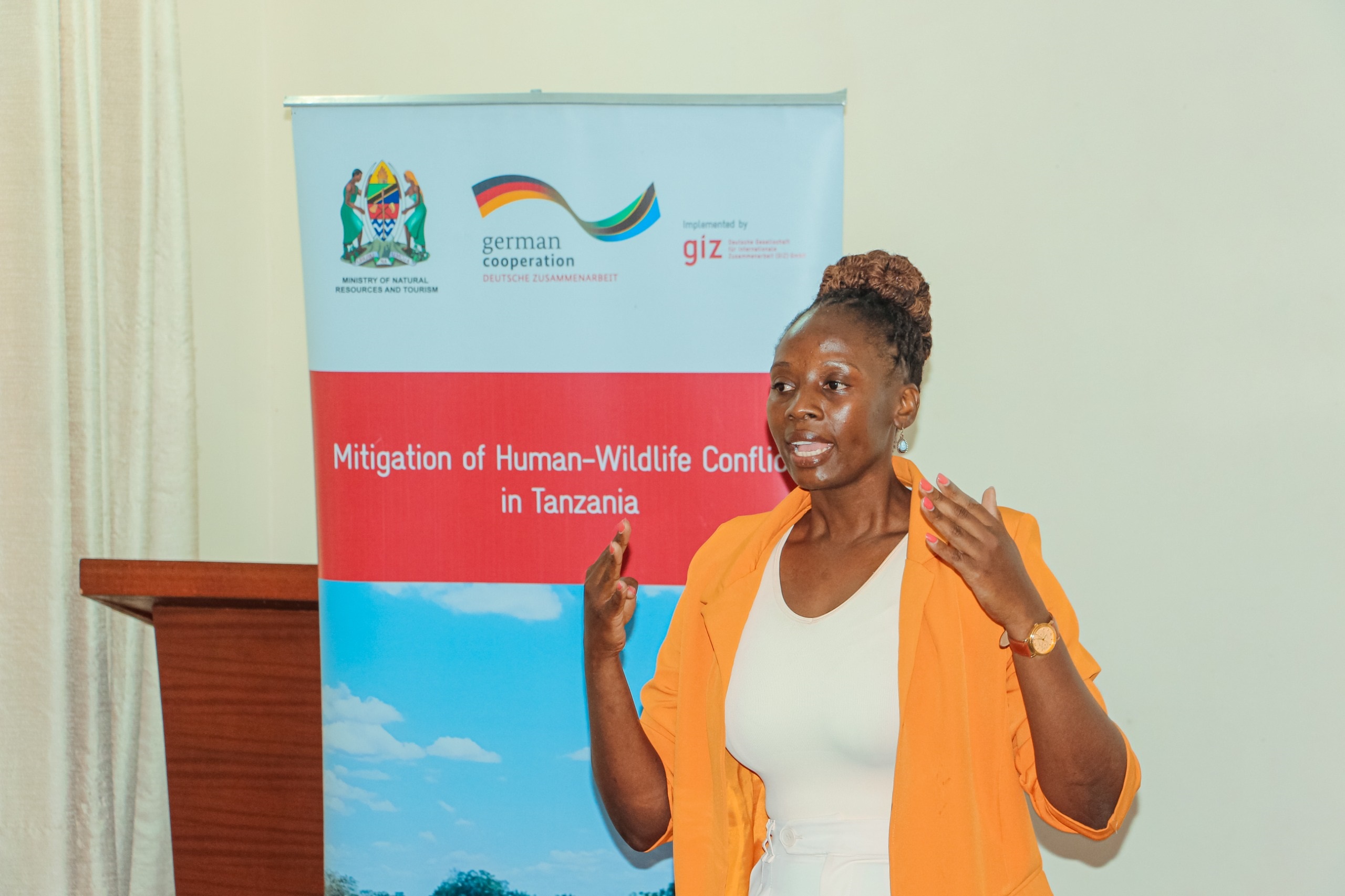New public-private partnership blueprint will increase investment in education sector
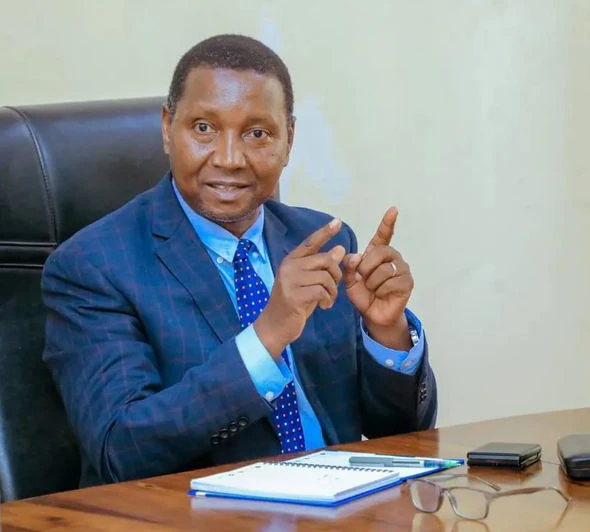
TANZANIA is poised for a significant overhaul in its education sector with the introduction of a new public-private partnership (PPP) blueprint, recently announced by Prof Adolf Mkenda, Minister for Education, Science and Technology during a recent engagement with private sector stakeholders. Prof Mkenda underscored the blueprint's goal of enticing increased private investment into education.
This initiative is not merely about financial influx but it focuses on elevating educational standards and expanding access to quality services. By fostering a collaborative environment between public and private entities, the blueprint aims to tackle current challenges, enhance infrastructure, and drive innovative solutions, thereby ensuring a more effective and equitable education system for all Tanzanians.
Public-private partnerships have emerged as a critical strategy for governments worldwide seeking to leverage the expertise and efficiency of the private sector to deliver high-quality services.
These arrangements involve private entities taking on part of the service delivery responsibilities traditionally managed by the government, while also assuming the associated risks. Payments to the private sector can come from user fees, government budgets, or a combination of both.
The newly announced blueprint by the government seeks to address challenges faced by private investors in the education sector by providing a structured framework to guide investment.
Prof Mkenda highlighted that the plan's goal is to encourage private sector involvement in education, underlining that the blueprint will offer a detailed guide on how to achieve this objective. “It is the government's commitment to utilize private sector resources to enhance education. This document will guide how to achieve this goal,” Mkenda asserted.
According to Prof Mkenda, the blueprint aims to address various challenges currently facing the education sector by ensuring that private investors can navigate issues such as tax regulations, fees, and other investment-related concerns.
The plan is part of a broader policy document prepared by the Ministry of Industry, Trade, and Investment, which has been instrumental in creating a framework to improve the business environment in Tanzania.
The new blueprint will mirror the successful models used in other countries, aiming to refine Tanzania's approach to education investment. Despite some advances, private education providers in Tanzania have faced significant hurdles, particularly concerning high taxation imposed by the Tanzania Revenue Authority (TRA).
The Tanzania Association of Owners and Directors of Government Schools and Colleges (TAMONGSCO) has voiced its dissatisfaction with the tax regime, despite recent reductions in educational taxes by the government. The association argues that Section 64(8) of the Income Tax
Act stipulates that educational service providers should be exempt from certain taxes, given that some are not profit-oriented.
Currently, private schools are required to pay over ten different taxes, including property tax, land tax, corporate tax, value-added tax (VAT), local government taxes, work permits, and occupational health and safety regulations.
Stakeholders have reported that TRA has received complaints from private education investors and is working to address these issues, although the requirement for tax compliance remains.
Private school owners have also expressed frustration with the delays in issuing Tax Identification Numbers (TIN) and charitable status for schools. TRA insists that TIN and charitable status are essential, treating schools as businesses subject to similar tax obligations.
Additionally, school owners are calling for the removal of work permit fees for teachers from East African Community (EAC) countries who already hold teaching licenses from any of the partner states.
If approved, the new blueprint promises to address these concerns effectively, according to the minister, who has directed the Permanent Secretary to expedite the processing of this crucial initiative.
The World Economic Forum defines PPPs as voluntary collaborations between various stakeholders from different sectors, working together towards a common goal or to fulfill a specific need involving shared responsibilities, resources, and capabilities.
Historically, it has been the government's responsibility to provide education across all age groups as mandated by law. However, various forms of PPPs have existed in the education sector, including government-assisted private schools.
For instance, in the 2006-07 period, a significant proportion of secondary and primary schools in various regions were managed by private institutions with substantial financial support from local governments.
A World Bank study titled ‘Public and Private Secondary Education in Developing Countries’ revealed that students in private schools achieved better academic outcomes compared to their public-school counterparts.
The study found that the cost per student in private schools was lower than in public schools, and private institutions had greater autonomy in decision-making and a stronger emphasis on student success.
PPPs in education can be implemented through three main areas: infrastructure provision, support services, and educational services. In infrastructure provision, a private partner constructs, owns, and operates facilities, which the government then utilizes under a long-term contract.
The private partner secures funding and is responsible for building and maintaining the infrastructure, receiving payments over the contract period, typically ranging from 20 to 30 years. At the end of the contract, ownership often reverts to the government, though other models may retain private ownership.
The ‘Building Schools for the Future’ program in the UK is an example of a Private Finance Initiative (PFI) for constructing secondary school buildings. Under this scheme, private partners fund and build school facilities, maintaining them for a 30-year contract period. Performance criteria are established to ensure the maintenance of these schools, with payments made quarterly based on performance.
In support services, a private partner provides specific services such as school meals, IT equipment, laboratories, gyms, and transportation. These services can be integrated with infrastructure or provided separately. The benefit is that a private partner with expertise in specific areas can deliver these services more efficiently and cost-effectively than if schools manage them independently.
For example, IT services are provided in many government schools in regions such as Tamil Nadu, Karnataka, and Andhra Pradesh, with private partners managing all equipment and service administration. Payments are made by government schools based on the availability of these services.
In the area of educational services, a private partner establishes and operates an entire school, including building classrooms, providing support services, and delivering educational services. The private partner has complete management control, including hiring teachers and staff.
The government sponsors student enrollment and pays fees per student based on performance criteria such as student and teacher attendance, teacher qualifications, infrastructure maintenance, student learning outcomes, and examination results.
Since 1981, Chile has implemented a voucher system allowing students to enroll in private schools, with the government paying monthly fees directly to these schools. There is a price variation between private schools depending on location and education quality. Families can choose their schools, although schools are not obligated to accept every student. Vouchers are paid directly to the schools.
Public-private partnerships offer a transformative opportunity to revitalize the education sector by harnessing the expertise and efficiency of private institutions. This innovative approach is set to revolutionize educational delivery and related services, paving the way for significant improvements and driving substantial positive change.
By learning from successful global models, Tanzania is on the verge of a major overhaul in its approach to private investment in education. The new blueprint aims to create a more favorable investment climate, boost educational outcomes, and ensure a more robust and dynamic education system. This strategic shift promises to benefit students, educators, and all stakeholders, marking a pivotal advancement toward a more effective and inclusive educational landscape.
Top Headlines
© 2024 IPPMEDIA.COM. ALL RIGHTS RESERVED











